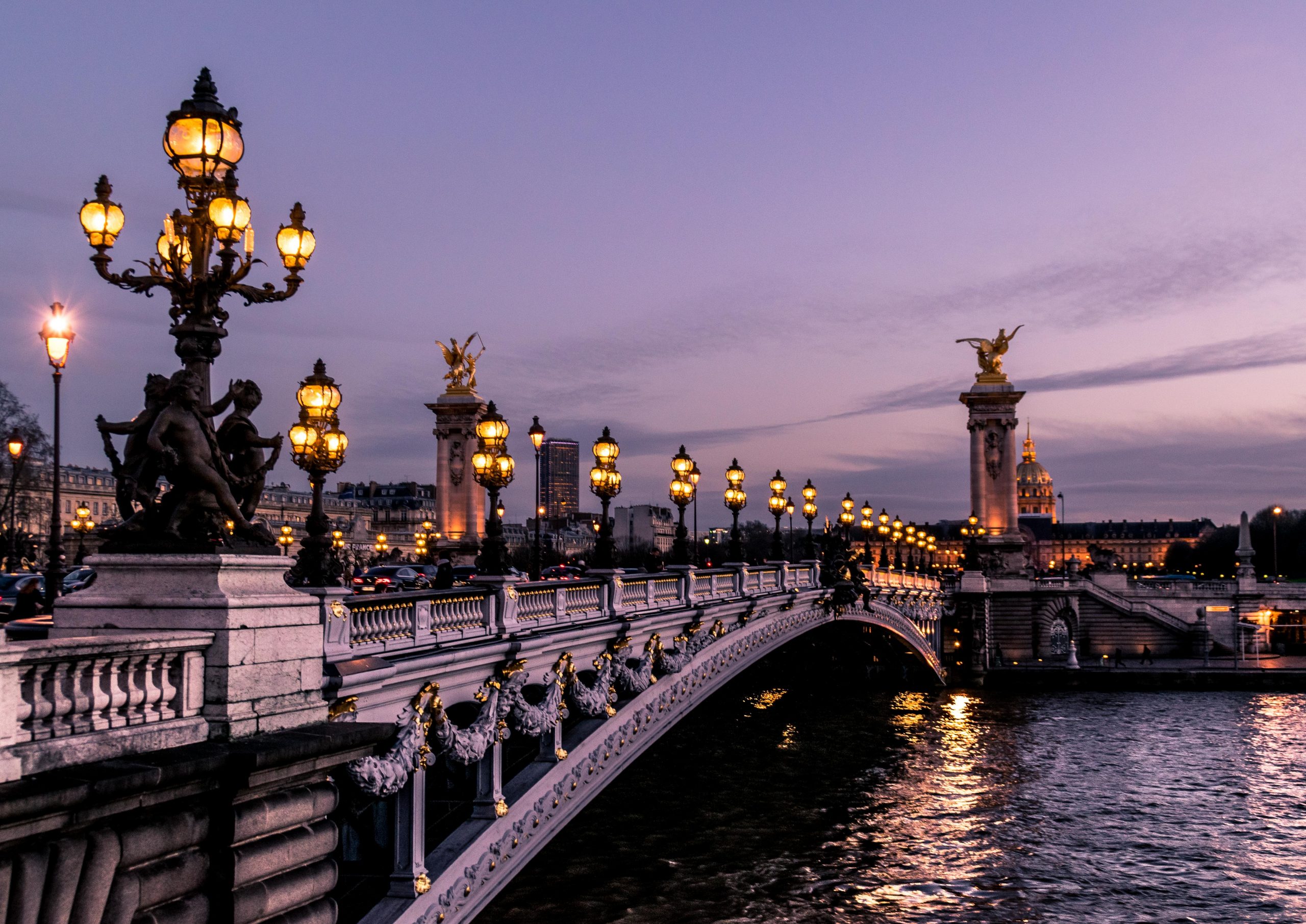The French government launched on February 5 2022, a new governing body for Islam: the Forum of Islam in France (FORIF), which replaces the French Council of the Muslim Faith (CFCM) as the official interlocutor between the government and the Muslim community. [1] It will address strategic issues such as: security of places of worship, anti-Muslim acts, training of imams, and the “transparent financing” of Muslim organizations and activities. [2]
The FORIF marks a “new stage in the dialogue between the public authorities and the Muslim faith”, according to the press statement by France’s Ministry of Interior on February 5. It will end the representation of Islam through a single body (like the CFCM) and initiate a platform for dialogue with several recognized Muslim interlocutors, especially those who wish to “engage in a constructive dialogue with the public authorities”[3].
France’s Minister of Interior, Gérald Darmanin, stated during the Forum’s inaugural meeting that the new structure “will be more open, more inclusive, and more representative of Islam’s diversity in France” [4]. “A single representative of the Muslim faith, who is a master of all trades, no longer exists,” he added – likely referring to the CFCM. The members of this forum, which will meet once a year, are heads of local Muslim associations, qualified personalities proposed by the prefects, and representatives of national associations or independent personalities known for their engagement with the Muslim faith and social life [5] – women will make up at least a quarter of them. All of these authorities, however, will be hand-picked by the government.
According to the French authorities, this new body will help keep the country (including its Muslim population) safe, and ensure that Muslim practices in France adhere to the country’s secular values – in conformity with the country’s new “Charter of Principles” [6]. However, not all Muslims support the project. Some interviewed by The Washington Post welcome the recognition of their community’s diversity, especially for the dialogue with the wider society. Others worry the plan is going too far in the control of the Islamic religion. They see it as an another step in the ongoing institutionalized discrimination that holds the whole Muslim community responsible for political violence and terrorism. French Muslims have long complained over discrimination in their daily life, from being singled out by police for ID checks to discrimination in job searches, as well as social and political pressure to denounce violence in the name of Islam whenever it hits [7].
The troubled past of FORIF’s predecessor, the CFCM
The establishment of the FORIF follows a set of measures adopted by Emmanuel Macron’s government during the last months and year to combat sectarianism and radicalized teaching, as well as to curb the influence of foreign powers over French imams, mosques and the overall Muslim community [8] [See previous article]. Among these measures, the “Charter of Principles”, backed by the CFCM in early 2021, condemns political Islam and reaffirms the allegiance of Muslim citizens to the “republican secular values”, paving the way for the formation of the National Council of Imams [9].
On January 31, 2022, Gérald Darmanin declared to the newspaper Le Parisien: “We want to launch a revolution, trying to put an end to consular Islam” [10]. Along the same line, in his speech during the FORIF inaugural event, he stated: “The representation of the Muslim faith must now take into account a reality that has changed. Over half of the Muslims in our country are French people born in France. […] Our deep conviction is that the organization of Islam should be conducted in France and for French Muslims. To allow the contrary is to accredit the idea that Islam is a religion of foreigners, for foreigners, financed from abroad. To allow this is to prove the populists right” [11]. According to Darmanin, the former CFCM was no longer fulfilling this role because it had come under the influence of too much consular interference [12].
The CFCM was the interlocutor between France’s government and Muslim religious leaders for almost two decades [13]. The Council was established in 2003 by Nicholas Sarkozy, then Interior Minister, and emerged as the culmination of a fifteen-year political and bureaucratic process. Its complex institutional arrangement was considered to be the furthest any French government had gone at the time to ensure Muslims’ official representation [14]. From the get-go, the CFCM was a controversial body. For some, it failed to represent the diverse Muslim communities in France [15]. In addition, it was undermined by internal dissent as well as by the influence of Muslim-majority states, especially Algeria, Morocco and Turkey [16].
The endorsement of the “Charter of Principles” by the CFCM, in early 2021, exacerbated the ongoing internal tensions since three of the main members refused to adopt this charter [17] – the Coordination Committee of Turkish Muslims in France, the Milli Gorus Islamic Confederation, and the Faith and Practice movement [18]. Four other federations left the Council’s executive office on March 17 2021: the Great Mosque of Paris, the French Federation of Islamic Associations of Africa, the Comoros and the Antilles, Muslims of France, and the Rally of French Muslims [19]. The CFCM has therefore been in its death throes for several months. The Council’s President Mohammed Moussaoui – whose mandate ended on January 19, 2022 – supported its dissolution of the body, saying that the CFCM was no longer able to operate [20] hence publicly supporting the French government’s new initiative [21].
By Ada Mullol
[*] See previous Euro-Islam articles: “Enforcing the French law against ‘Islamic Separatism’: Consequences on religious freedom“, “French Law on ‘Republican Values’ and Global Security Law: How they converge toward a criminalization of Islam“, “Imams in Lyon reject Macron’s Charter of Republican Values: Local Resistances to the ‘French State Islam’“, “Made in France Imams and International Backlash to Macron’s bill on Islamic Separatism“, “Fighting Separatism to build an ‘Enlightened Islam’: The controversial project of French President Emmanuel Macron“.






